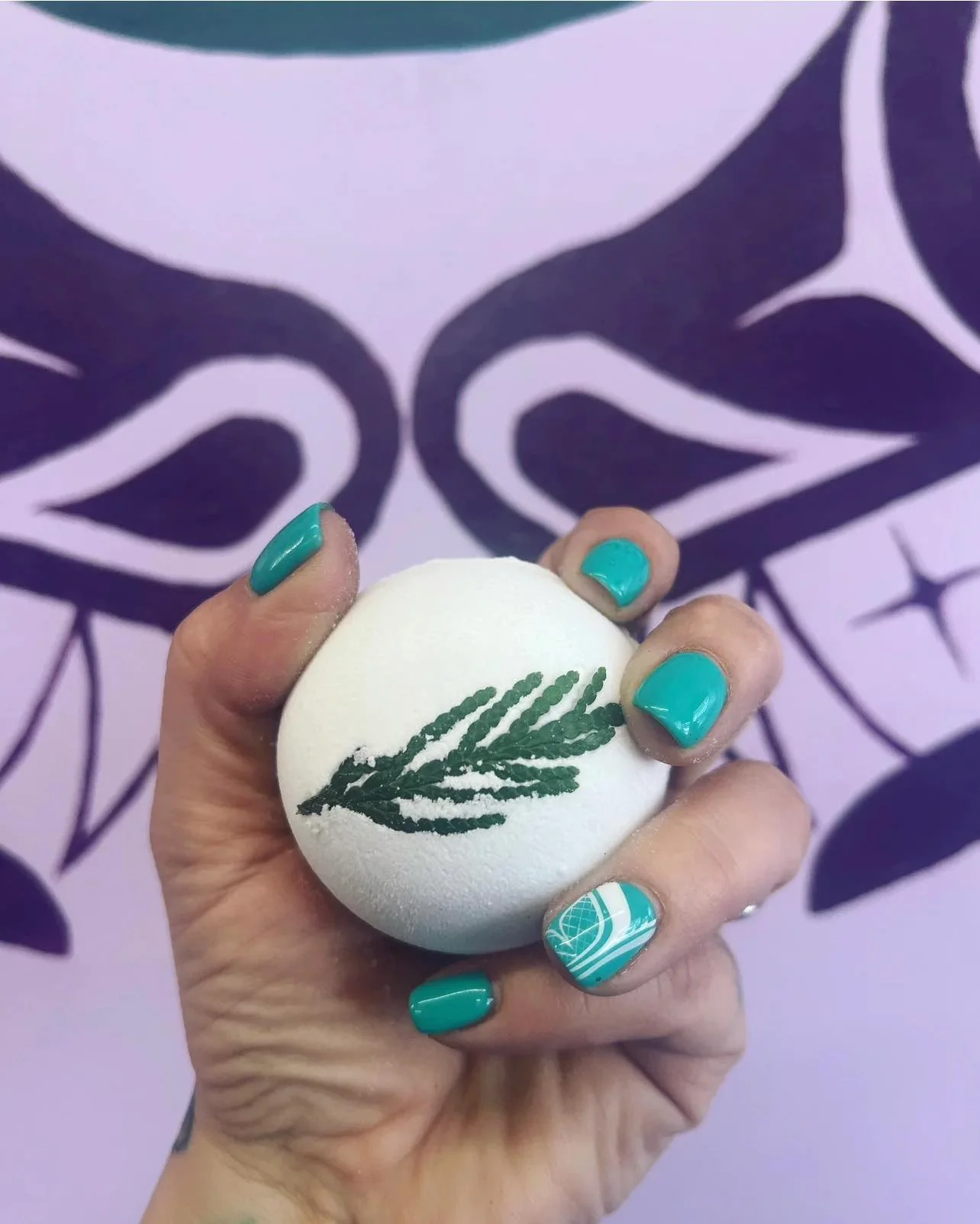13+ Sustainable Indigenous Owned Small Businesses to Shop
Due to the history & culture of Indigenous communities sustainability is often rooted within their business models, but unfortunately Indigenous owned businesses don’t always get the resources and recognition deserved.
As we enter the season of holiday shopping I encourage you to support Indigenous owned brands. Make the conscious decision to use your money and support Indigenous communities.
When consumers purchase from Indigenous owned brands this encourages these businesses to continue growing financially and create more jobs within Indigenous communities.
13 Indigenous Owned Brands to Shop
If you’re ready to shop small and support Indigenous owned brands, this list is a great place to start!
Some of the links in this post are affiliate links. The Honest Consumer may receive a small commission if you decide to make a purchase. Thank you for supporting the content.
Eighth Generation
Eighth Generation provides a strong, ethical alternative to “Native-inspired” art and products through its artist-centric approach and 100% Native designed products. Eighth Generation is proudly owned by the Snoqualmie Tribe.
They have an awesome shop in downtown Seattle worth visiting too! I really love their jewelry and candles.
Whispering Winds
Whispering Winds Shop is an Indigenous owned brand crafting soaps, handmade bracelets, smudge kits, and more. These makers grow and harvest herbs in their own Wisconsin Farms with traditional methods of offerings.
All the products available at their shop are handmade in small batches. I personally LOVE their Rose soap.
Satya
Satya is a Indigenous woman owned organic skincare company focused on clean, simple skincare with a purpose. This eco-conscious brand focuses on organic & steroid free ingredients.
Urban Native Era
Urban Native Era specializes in clothing design and content to increase visibility of Indigenous peoples.
Select products are made with organic and reclaimed cotton. I’ve had my You’re on Native Land sweatshirt for four years now and truly love it.
Thunder Island Coffee Roasters
Thunder Island Coffee Roasters is a Native American owned & operated coffee roasting company, located on the Shinnecock Indian Reservation, Long Island, New York.
This brand offers specialty grade 100% Arabica coffees, grown in the high mountains of Central and South America at the altitudes of 4,000 ft. and above.
These elevations create the highly sought after SHB (Strictly Hard Bean ) coffees - slower growth development, creating a nutrient dense coffee packed with flavor. Their coffee is USDA certified organic and Fair Trade Certified.
B.YELLOWTAIL
B.YELLOWTAIL is a Native American owned and operative fashion brand & retailers that specializes in storytelling through wearable art.
Quw’ustun’ Made
Quw'utsun' Made is an Indigenous owned company that believes it is a spiritual duty to protect mother earth from further destruction. Each product is crafted by hand in my small home studio using 100% renewable energy.
All packaging is sourced from american companies to prevent additional carbon emissions. Ingredients are also sourced as locally as possible, often wildcrafted.
Beyond Buckskin
Beyond Buckskin is based out of North Dakota and dedicated to advancing creative small businesses located throughout rural and urban communities by providing an online store where customers can connect with Native American fashion designers and jewelry artists.
SheNative
SheNative exists to instill inner strength and unwavering confidence in all women, using teachings that come from Indigenous Nationhood.
Sister Sage
Sister Sage uses traditional Indigenous ingredients to create modern self-care and wellness products.
This vegan brand is building a platform around that idea that will not only highlight the rich Indigenous culture, but to also promote sustainability, and to teach, lead and inspire future youth and female entrepreneurs.
Cheekbone Beauty
Cheekbone Beauty is an Indigenous-owned and founded, digitally-native, Canadian cosmetics company known for creating high quality, cruelty-free beauty products such as liquid lipsticks and complexion products including contour and highlight palettes.
Hopefully this guide has helped you meet some amazing Indigenous owned brands to shop! Feel free to share other Indigenous owned brands in the comments.
To discover more BIPOC Owned Brands be sure and also check out our other round-ups 50 Sustainable Black Owned Brands, 25 AAPI Owned Brands, 25 BIPOC Owned Brands, and 15 Gift Ideas from BIPOC Owned Brands.
MEET THE AUTHOR
Emily Waddell is the founder of The Honest Consumer. She has always been passionate about business for good and has a Bachelor degree in Social Entrepreneurship. She currently lives in Seattle where she practices imperfect sustainability. When she’s not writing, Emily enjoys supporting small businesses, clean eating, & practicing slow living. Learn more about Emily’s journey starting The Honest Consumer.
For more tips & tricks on sustainable living be sure to read the latest blog posts, sign up for the weekly newsletter, and follow The Honest Consumer on social media.








